
Charles Whitman was a boy who wasn't allowed to play.
No rough and tumble. No unstructured, unsupervised experimentation, risk or joy. No opportunity to parallel or collaboratively play with his peers, to test wills, to challenge himself or his peers physically, to play act violence, make mistakes, sustain eye contact, read body language or use his body to enact his imagination.
"On August 1, 1966, Charles Whitman climbed to the top of the University of Texas tower with three rifles, two pistols, and a sawed-off shotgun. The 25-year-old architectural engineering major and ex-Marine--who had previously complained of searing headaches and depression--had already murdered his mother, Margaret, and his wife, Kathy, earlier that morning...Hundreds of students, professors, tourists, and store clerks witnessed the 96-minute killing spree as they crouched behind trees, hid under desks, took cover in stairwells, or, if they had been hit, played dead...At the time there was no precedent for such a tragedy. Whitman introduced the nation to the idea of mass murder in a public space."
--Texas Monthly
Texas and the nation were shocked into action and Doctor Stuart Brown was ordered to assemble a team to figure out why or how Whitman had become a mass murderer.
Today, Brown is the President of the National Institute for Play and the author of Play: How it Shapes the Brain, Opens the Imagination, and Invigorates the Soul. His research on the causes of extreme violence began with Charles Whitman and what he and others discovered over subsequent decades reveals just how central play is to healthy human development, and healthy societies.

"...for a very intense period of time, in addition to doing very detailed toxicologic studies of his body, we retrieved as much information as possible from his prenatal area all the way up to the last hours before he died...one of the major conclusions, which struck me and has certainly stuck with me since, was that remarkably systematic suppression of any free play--which was largely the result of his father's overbearing and intense personality--prevented Charles Whitman from engaging in normal play at virtually any area of his life, including his early infancy."
--Stuart Brown, On Being interview



Brown and his team assumed that this finding was an aberration, so after securing funding they embarked on more research:
"...in the prison system in Texas, a team of us then studied all the young murderers whose crime was essentially homicide without their being career criminals..and we did an in-depth study of them, their families, and compared them to as well-matched a control and comparison population as we could. And, lo and behold, we discovered that the majority of them--in fact 90% level--had really bizarre, absent, deficient, seriously deviant play histories."




Play, it turns out, is not a frill, it is an imperative. We're not the only species who engage in it. Play research extends across all human societies and the animal kingdom, across all kinds of scientific disciplines: neurology, sociology, psychology, psychiatry, biology and more. Jane Goodall and Stuart Brown and friends and colleagues-- Goodall's immersion in the play of chimps intersects with Brown's human research.

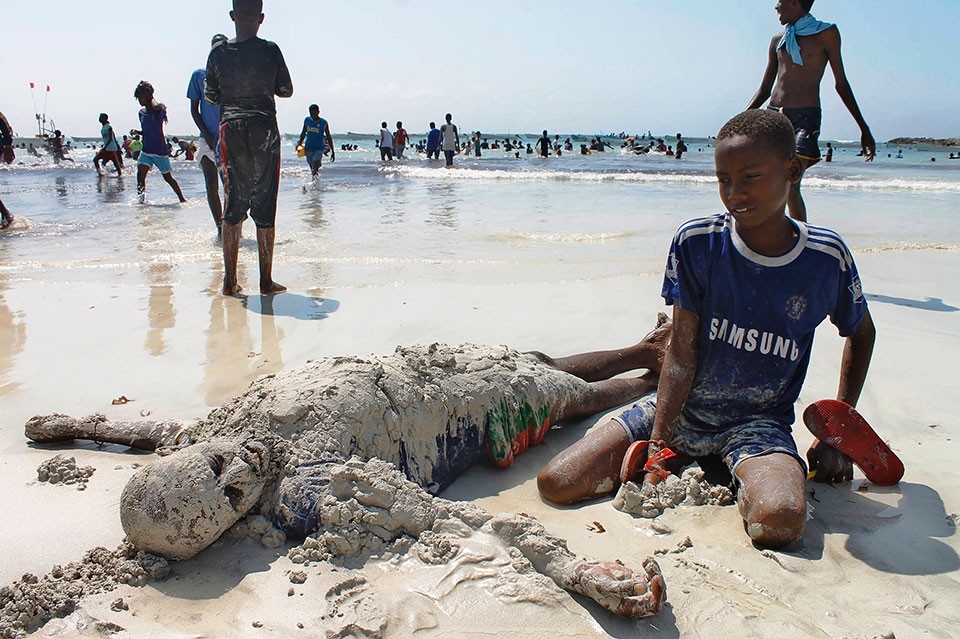
Another friend of Brown's, bear researcher, Bob Fagan says this: "In a world continuously presenting unique challenges and ambiguity, play prepares them for an evolving planet."
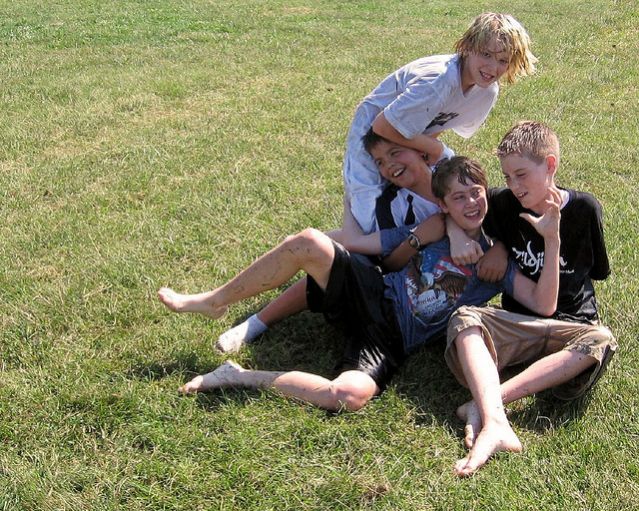
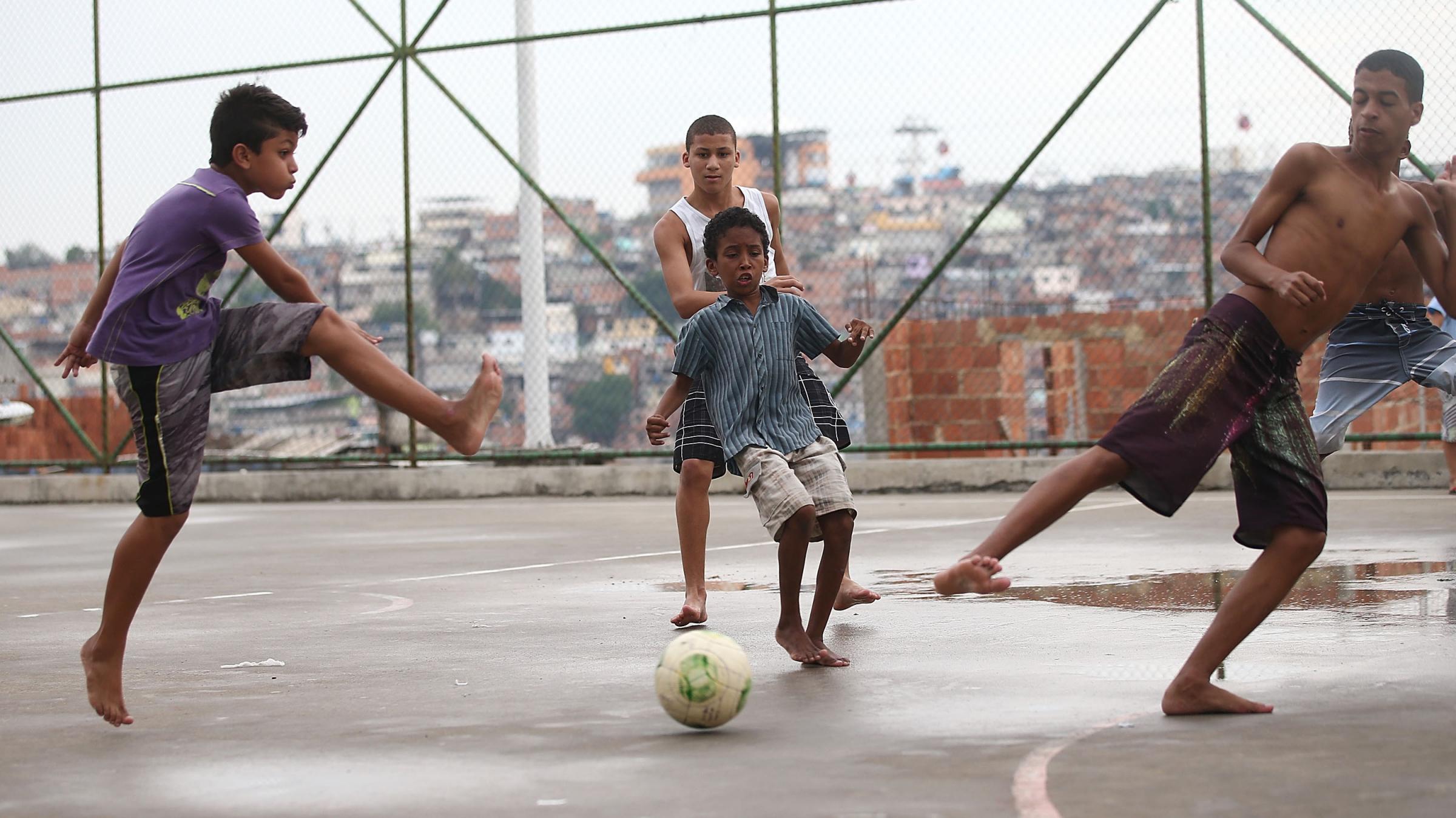
Findings across this collective research and these disciplines reveal the major implications of play in human development.


Brown: "...when you see animals who are deprived of [play], they are fixed and rigid in their responses to complex stimuli. They don't have a repertoire of choices that are as broad as their intelligence should allow them to have. And they don't seek out novelty and newness, which is part of an essential aspect of play, both in animals and humans."



Brown and his colleagues recognize the role of play in human evolution. If play teaches us how to respond to change, then we are more adaptable, increasing our chances of survival.
Brown: "...for the last 200,000 years or so, our capacity as a species to adapt...appears to me to be related significantly to our capacity and, as developing creatures, to play. And then if you look more closely at the human being, you find that the human being really is designed biologically to play throughout the life cycle...when one really doesn't play at all or very little in adulthood, there are consequences: rigidities, depression, lack of ability, no irony-- you know, things that are pretty important, that enable us to cope in a world of many demands."
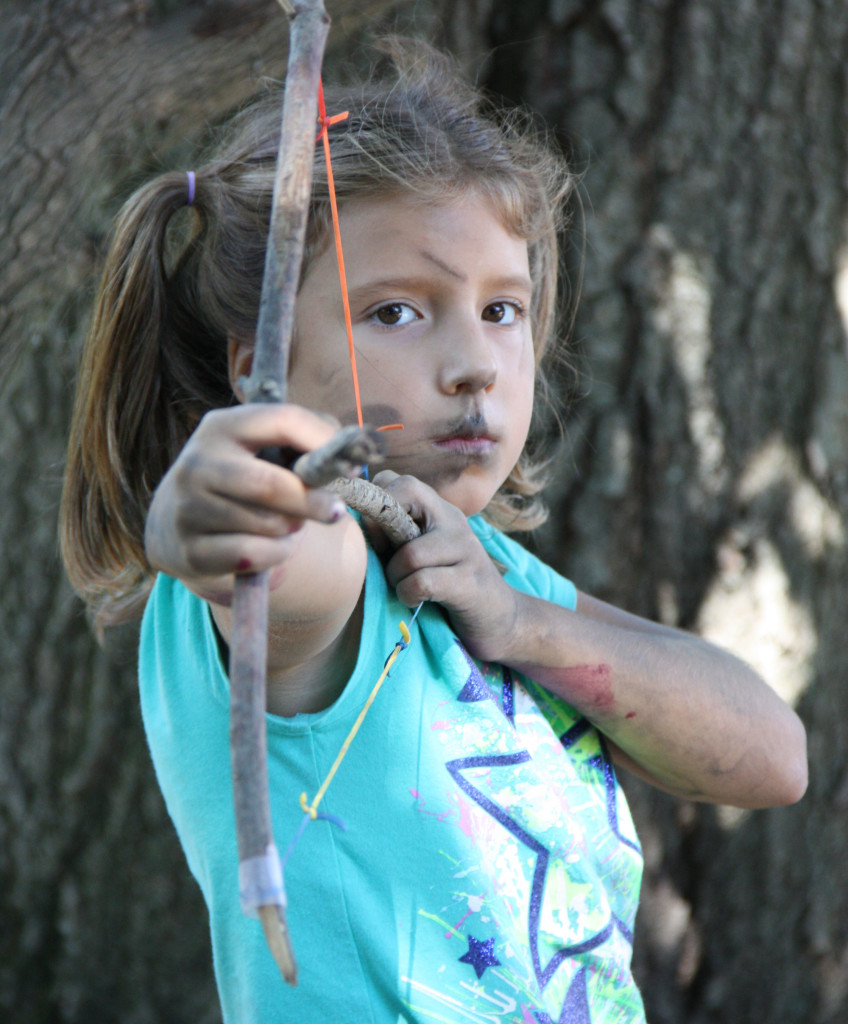

So,what are the implications for youth development? Or rather, what about play isn't imperative to youth development?


Our culture places a pretty heavy emphasis on productivity and purpose. Play has a purpose, clearly, if you look a this research, but play is mostly considered a frill. Here is an Oxford Dictionary definition, "to engage in activity or enjoyment and recreation rather than a serious or practical purpose."

Recess is disappearing and most stuff that passes as play is highly structured and hovered over by well-meaning, but worried parents. We want our kids to succeed and we want them to be safe. Turns out truly unstructured play IS key to healthy human development:
physical health
mental health
body regulation
stress mitigation
risk-taking
effectiveness on the job
creativity
imagination
professional innovation
healthy communication
healthy relationships
coping skills and alternatives to violence
promotion of peace and harmony
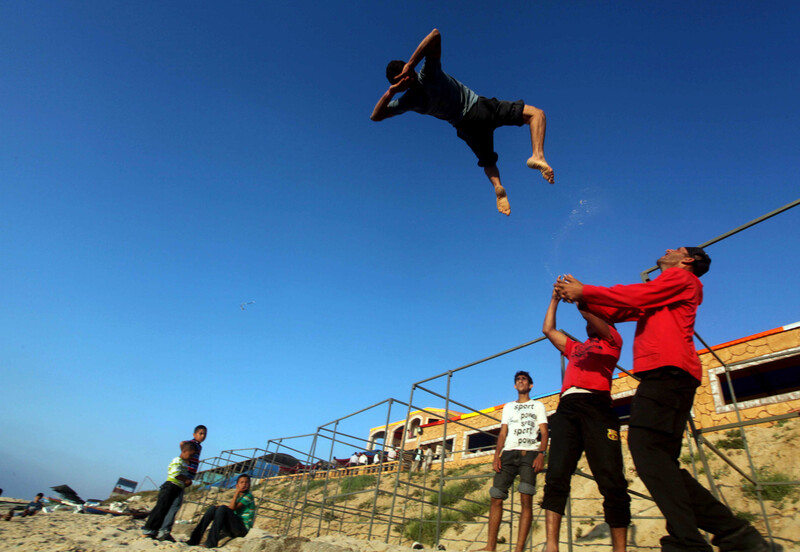
promotion of peace and harmony

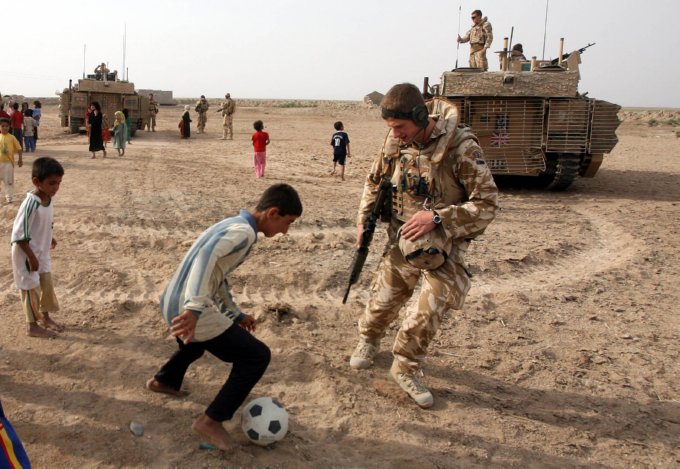

Parents, caregivers, teachers, mentors and youth advocates need to prioritize play-- for happier more successful individuals, and a safer society.
.png)
Brown and his colleagues agree that play should be an imperative for each of us, young or old, every day. Play takes many shapes and forms. To understand the role of play in young lives, we can reclaim it in our own.

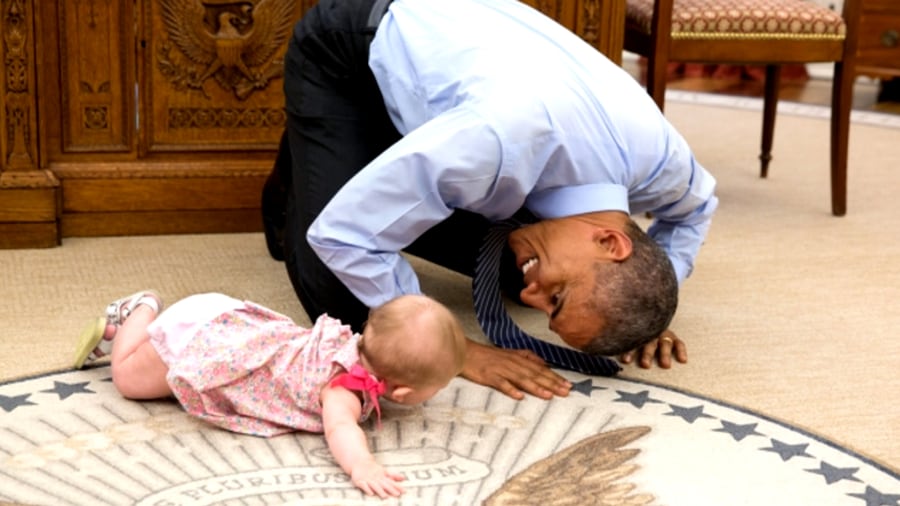


How do you play? Here are some activities you might recognize, but play is personal:
hiking or walking
tickling your kid
telling jokes or stories
happy hour with a friend
swimming
cycling
reading
building a snowman
daydreaming
running with the bulls
running with the bulls
dancing
listening to or playing music
yoga or meditation
writing
drawing


What puts you "outside of time," as Dr. Brown says, and frees you?
No comments:
Post a Comment
Please share your ideas with The Firefly